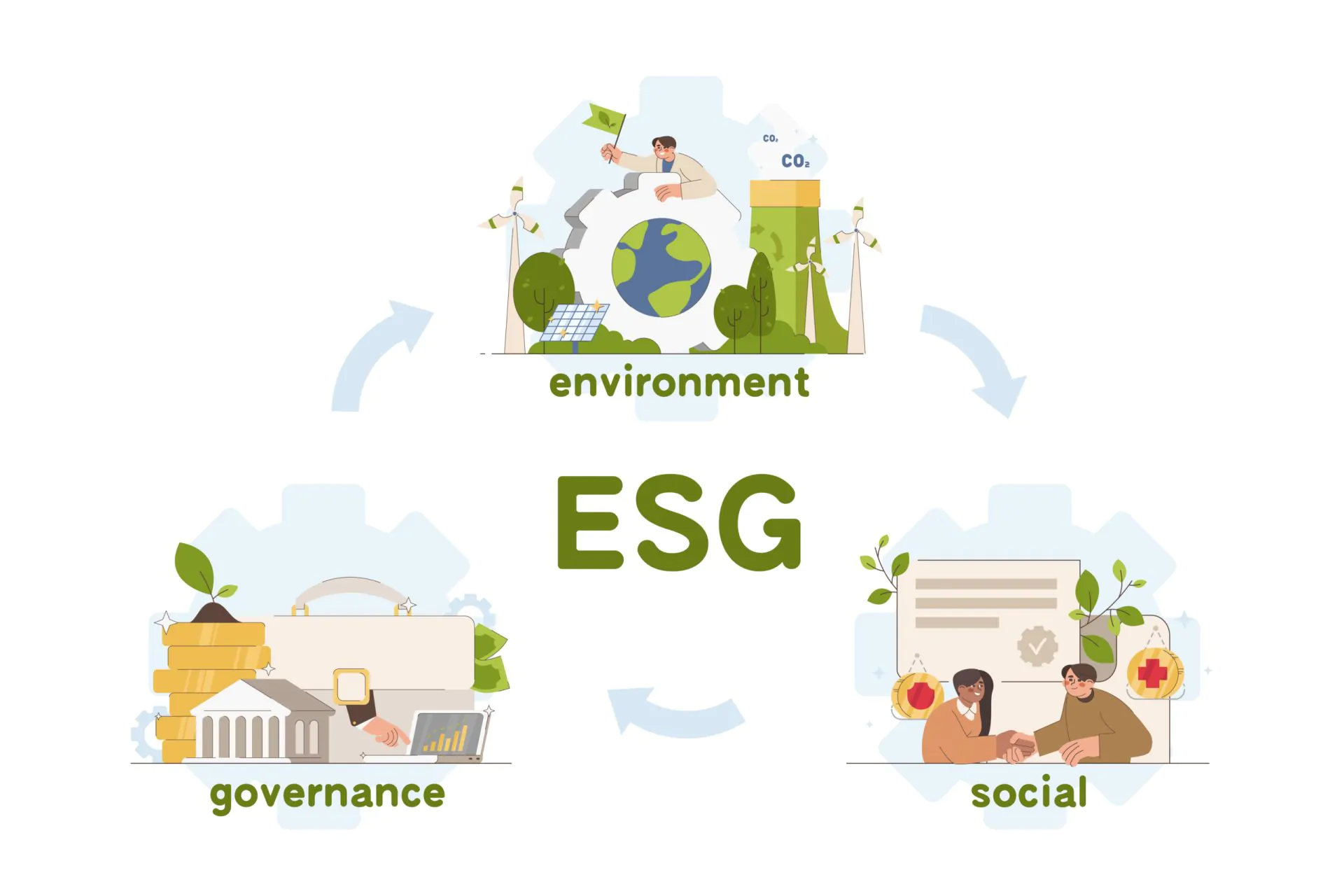
10/11/2022
The postulates that have governed the hallmarks of corporate social responsibility are in the process of change. From a philosophical point of view, they would be in continuous movement, as would social precepts, and today they are moving closer from potential change to actual change.
In this context, we place the emergence of a new terminology that completes the acronym scheme: CSR, SDGs… that we have been taking on over the last few decades. Companies supported by EU regulations have already started to evolve from CSR to ESG.
Social demand has oriented business strategies towards the fundamental assumption of Sustainability principles, understanding that this term must reconcile any business and investment activity’s environmental, social and economic pillars. ESG criteria therefore refer to Environmental, Social, and Governance.
Environmental covers the effects that business activities have on the environment. Giving substantial importance to climate change and concepts such as circular economy, carbon footprint, and Waste reduction.
Social focuses on its impact on its environment and communities. A spectrum that includes labour rights, pay equity, and equality.
Governance refers to corporate governance and reputational aspects. This includes, among other things, the composition and diversity of its Board of Directors, and transparent, ethical, and anti-corruption business practices.
This movement takes on another dimension in investment trends, where solid portfolios are being sought that take these principles into account. ESG also goes beyond the mere reputational character to the economic interest, involving the top management of companies and business objectives, present and future.
Also publicated in Foro de Empresas Socialmente Responsables de Málaga